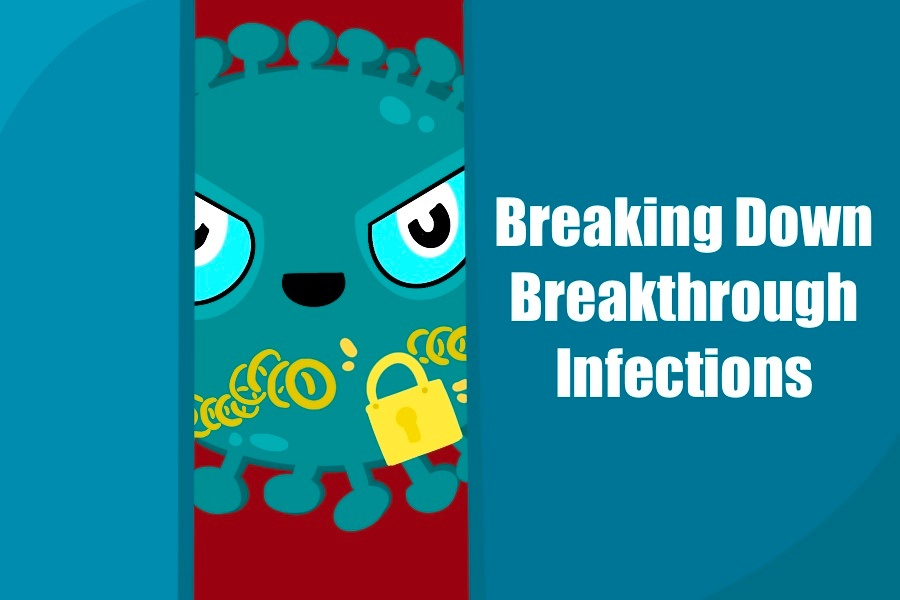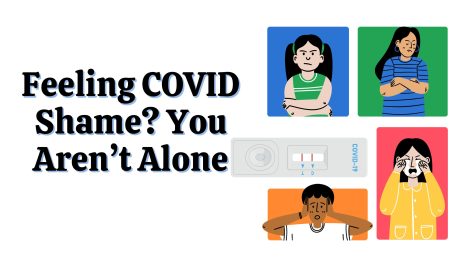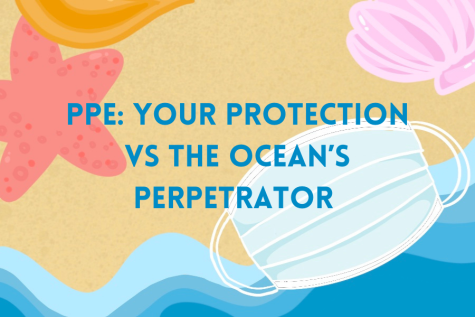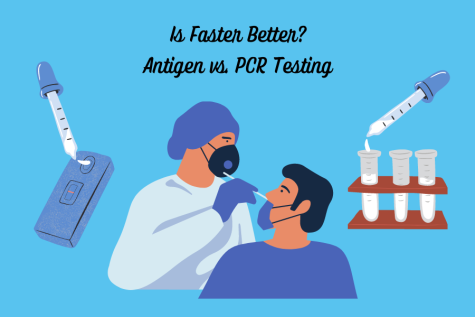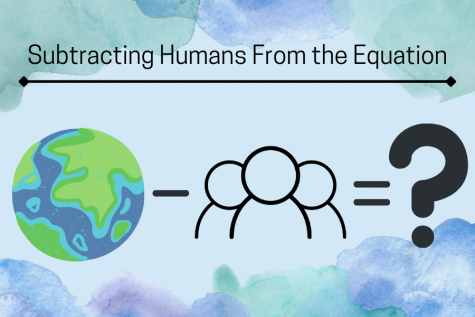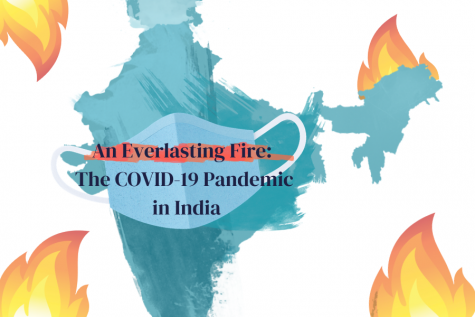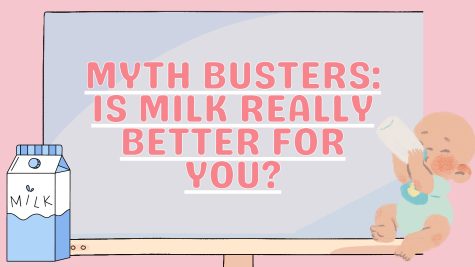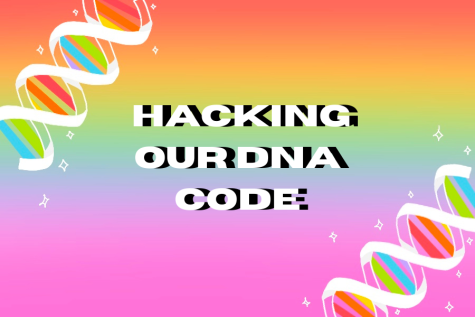Breaking Down Breakthrough Infections
A breakthrough infection is when a fully vaccinated individual gets infected with COVID-19. The number of such cases has been steadily increasing ever since the rise of the Delta-variant and are just as infectious as a regular COVID infection.
Fortunately, the symptoms of such infections are much milder than a regular COVID infection and those infected are less likely to be hospitalized or die, so getting a COVID vaccination is crucial to prevent serious illness.
How contagious are breakthrough infections?
A study performed by Stephen Kissler, a postdoctoral fellow at Harvard University, revealed that although breakthrough infections are just as contagious as non-breakthrough infections, contamination lasts for a shorter period of time. Kissler’s team first collected 19,941 samples of Covid-19 from 173 people and then compared the viral dynamics of both the breakthrough and non-breakthrough infections to one another. It was found that the breakthrough infections cleared in 5.5 days on average, while the non-breakthrough infections cleared in 7.5 days on average, meaning that breakthrough infections are less likely to spread to others as time passes. Thus, the question appears: If the virus is cleared in a shorter amount of time, then should quarantine time be shorter for those with breakthrough cases?
Dr. Michael Virata, an infectious disease doctor at Yale University, explained that although someone with a breakthrough infection may have completed the quarantine period, the rest of the world should still remain careful. Virata added that people should “still wear a mask for the next five days” after the quarantine is over. Wearing a mask is an important precaution to limit the spread of the virus.
Are breakthrough infections less likely to cause long Covid?
The CDC defines long Covid as “a wide range of new, returning, or ongoing health problems people can experience four or more weeks after first being infected with the virus that causes COVID-19.” It is unknown whether or not breakthrough infections are less likely to cause this illness. According to Dr. Virata, there has not been a “long enough follow-up period to study the effects of COVID on patients.” After more time has passed, there will be a more definitive answer to this question.
How can people protect themselves from Covid-19?
Wearing a proper mask, such as an N95 or KN95, avoiding indoor gatherings, and, most importantly, getting fully vaccinated and boosted as well as testing if you feel sick, will help ensure your and everybody else’s health.
Works Cited:
“Breakthrough Infections: Coronavirus after Vaccination.” Johns Hopkins
Medicine. Last modified November 23, 2021. Accessed February 8, 2022.
https://www.hopkinsmedicine.org/health/conditions-and-diseases/coronavirus/
breakthrough-infections-coronavirus-after-vaccination.
“The Possibility of COVID-19 after Vaccination: Breakthrough Infections.” CDC.
Last modified December 17, 2021. Accessed February 8, 2022.
https://www.cdc.gov/coronavirus/2019-ncov/vaccines/effectiveness/
why-measure-effectiveness/breakthrough-cases.html.
“Post-COVID Conditions.” CDC. Last modified September 16, 2021. Accessed
February 8, 2022. https://www.cdc.gov/coronavirus/2019-ncov/
long-term-effects/index.html.
Rura, Nicole. “Vaccine Reduces Transmission in Breakthrough Cases.” The Harvard
Gazette. Last modified December 1, 2021. Accessed February 8, 2022.https://news.harvard.edu/gazette/story/2021/12/vaccinated-who-get-breakthrough-infections-less-contagious/#:~:text=This%20finding%20suggests%20that%20people,disease%20to%20others%20over%2
0time.

